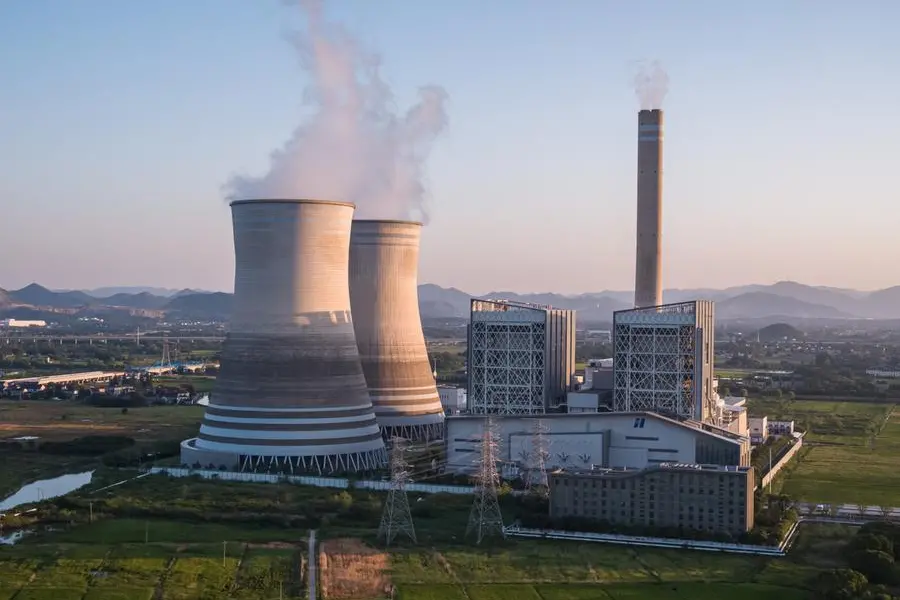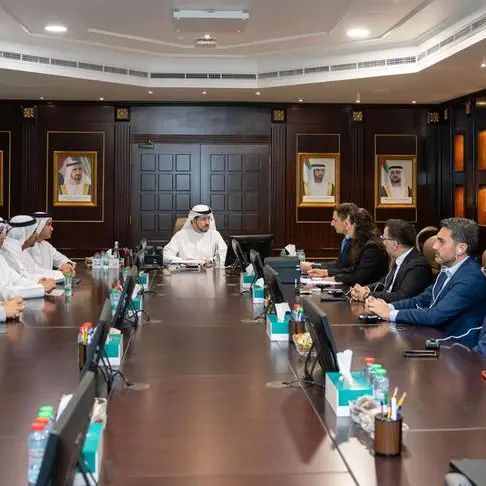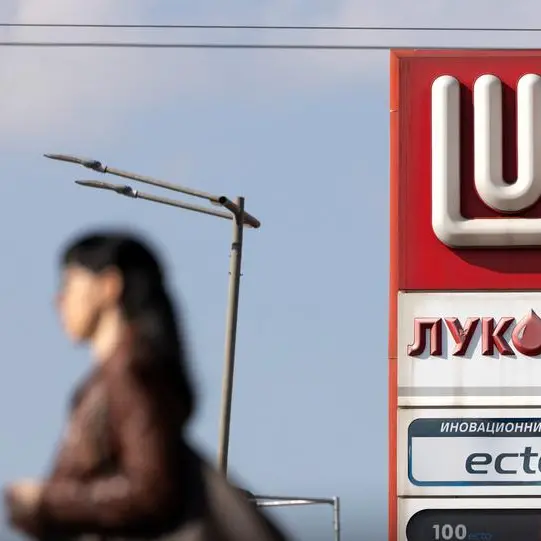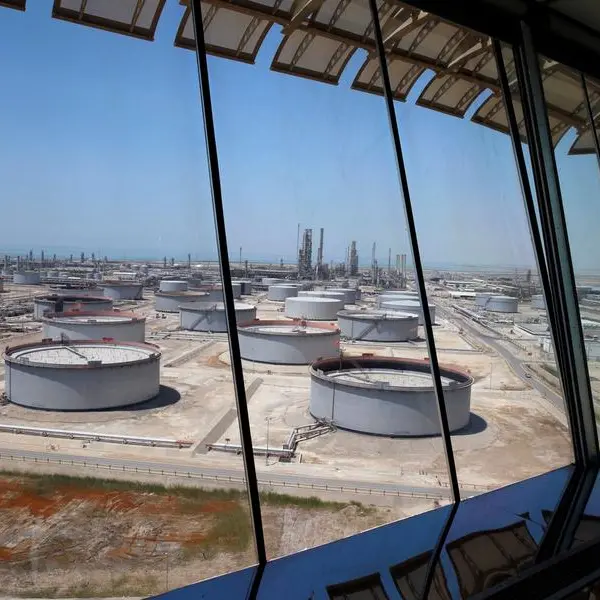PHOTO
Sour hydrocarbons are increasingly important to the energy transition, according to 72% of business and technical leaders surveyed at The Middle East Sulphur Conference (MEScon) 2024.
Hosted by Adnoc, sponsored by Aramco, and organised by global commodities business intelligence company CRU, and sour hydrocarbon and sulphur specialist consulting firm UniverSUL Consulting (UniverSUL), the conference debated the most pressing opportunities and challenges that lay ahead for the sulphur industry.
Reinforcing the finding that sour hydrocarbons have become more critical to the energy transition, respondents named the top areas deserving attention within gas treating and sulphur recovery innovation as ‘CO2 capture from sour gas treating/sulphur recovery’ and reduced ‘CO2 footprint for the tail gas treating process’.
Gas treating and sulphur recovery
When asked which aspect of the sulphur industry could benefit most from automation and digitalisation, most responses (59%) chose gas treating and sulphur recovery facilities, showing a clear link between the evolution of technology supporting both operational and environmental improvements. AI and machine learning were ranked as the most important digital technologies to revolutionise the sulphur industry.
Angie Slavens, Managing Director at UniverSUL, commented: “The evolution of the sulphur industry is in full swing, led by a commitment to innovation from its biggest players in the Middle East. Sulphur is recognised as playing a key role in the energy transition and as a result, the focus at MEScon 2024 on decarbonisation opportunities and responsible production was significant. So too was the use of digitalisation technologies to drive advancement. To future proof this, we must in tandem ensure that the next generation of sulphur industry talent is engaged in this journey. Without this, we risk stagnating progress.”
Some 92% of survey respondents indeed confirmed the development of young talent in the Middle East was either very or extremely important to the future of the global sulphur industry, with mentorships and internships cited as two of the most effective ways to achieve this. However, 54% noted that a negative public image of the oil and gas industry would be the biggest obstacle to bringing new talent through the ranks.
“This insight underlines why the focus on ensuring lower carbon intensity in sulphur’s production is vital – and it was fantastic to see so many important discussions around this at MEScon 2024,” said Peter Harrisson, Principal Analyst for Sulphur and Sulphuric Acid at CRU.
Demand for sulphur
He added: “The demand for sulphur shows no sign of letting up. It is a vital part of the fertilizer supply chain, which is fundamental to regional and global food security. It is also key to the production of batteries, solar cells and energy storage. It’s important that we recognise and communicate sulphur’s valuable role in our world, while ensuring there is investment in efficiencies and processes to lower carbon intensity of current oil and gas production, alongside exploring novel process schemes and technologies that will diversify how sulphur comes to market."
MEScon 2024 explored multiple topics, hosting panel discussions, poster sessions/spotlights, workshops and technical showcases on key themes including:
*Developing next-generation sulphur industry talent in the Middle East
*‘Sulphur industry 4.0’, covering advances in automation, digitisation and artificial intelligence (AI)
*Sulphur value chain innovations to enhance application opportunities in the Middle East
The event took place at the Conrad, Etihad Towers in Abu Dhabi, and welcomed more than 650 attendees from 76 companies and 25 countries. The annual conference will take place once again in May 2025.
Copyright 2024 Al Hilal Publishing and Marketing Group Provided by SyndiGate Media Inc. (Syndigate.info).





















